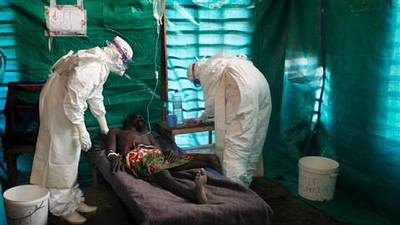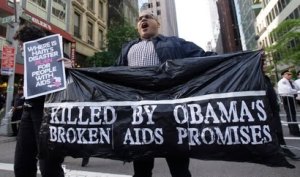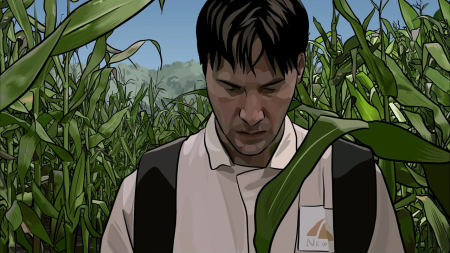 With an update about David Quammen’s response at the bottom.
With an update about David Quammen’s response at the bottom.
In spite of writing a long book on diseases spilling over from animals to humans, well-regarded author David Quammen can’t seem to get his mind wrapped around the possibility Ebola has likely evolved a new ecotype, for the first time spreading into a major urban area.
The first outbreak of Flaviviridae Filoviridae Ebola in West Africa apparently began in forest villages across four districts in southeastern Guinea as early as December 2013 before spreading to Conakry and the outskirts of Monrovia, the capitals of Guinea and Liberia respectively.
The number of deaths across West Africa presently stands at 149 killed out of 242 infected. According to the WHO, with a three-week incubation period cases are likely to continue to accumulate for months.



